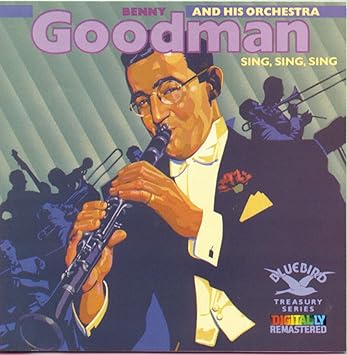About the Album:
“For many, the early 2020s was a course-shifting season of change, when a global pandemic and sociopolitical upheaval cast a shadow over much of life. It was no different for singer/songwriter Tori Amos, who, during one of England’s many lockdowns, penned an entire album that she later scrapped for being too divisive. In its place, she started fresh, shifting focus and processing grief with her 16th album Ocean to Ocean. As she declares on Metal Water Wood, ‘It has been a brutal year.’” AMG
“Against this backdrop, Amos does what she does best: turning personal trauma into a universal experience, carrying both herself and listeners out of the darkness with sights set on renewal. Despite the bittersweet emotions and the still-lingering uncertainty at the time of release, Ocean to Ocean comforts like a warm hug, benefitting from a sumptuous depth of layered production that is at once soulful and satisfying.” AMG
“From the outset, a familiar team -- husband/guitarist Mark Hawley, daughter/backing vocalist Tash, drummer Matt Chamberlain, bassist Jon Evans, and orchestral maestro John Philip Shenale – joins Amos as she whips up a storm of sound and emotion with her trademark piano and vocal sorcery.” AMG
“Diving headlong into the album's main themes on Speaking with Trees, Amos addresses the death of her mother, Mary Ellen, crying, ‘I cannot let you go’ as she copes with the devastating loss. Mary Ellen’s memory is also alive on Flowers Burn to Gold, a heartbreaking piano ballad that dwells beside Toast and Mary’s Eyes as one of Amos’ biggest tearjerkers.” AMG
“Emotions flow on the tender Swim to New York State, a sentimental declaration of love and recognition to a loyal partner that swells atop a grand string section and cinematic horns. Turning her focus outward, she revisits common themes such as religious hypocrisy and misogyny (on the smoky fire-and-brimstone Devil’s Bane), while calling out ‘those who don't give a goddamn’ about the climate crisis on the turbulent title track.” AMG
“Amos later brings ‘Me and a Gun’ full circle with 29 Years, this time tackling trauma and the devastation it can cause by reconciling the past through reflection and rebuilding.” AMG
“Some much-needed mirth appears on the highlight Spies, which rides Evans' bouncing bass and Shenale’s stabbing strings like a propulsive late-era Radiohead tune filtered through a quirky Beatles lens. Named after the mischievous entities who protect us from the bad dreams, ‘thieving meanies,’ and ‘scary men,’ it's an antidote for unsure and fearful times that’s destined to become a fan favorite.” AMG
“Closing on Birthday Baby – a self-empowering tango that recalls the cinematic flourish of Abnormally Attracted to Sin – Amos sings, ‘This year, you survived through it all,’ a testament to endurance and emerging from the gloom. Like Native Invader before it, Ocean to Ocean is a late-era standout for Amos, who reaches through the dark cloud of collective grief to be that supportive presence for listeners, healing with familiar touches and a timely message.” AMG
|











:format(jpeg):mode_rgb():quality(90)/discogs-images/R-8003469-1453295275-6078.jpeg.jpg)

:format(jpeg):mode_rgb():quality(90)/discogs-images/R-3606876-1401480670-8384.jpeg.jpg)